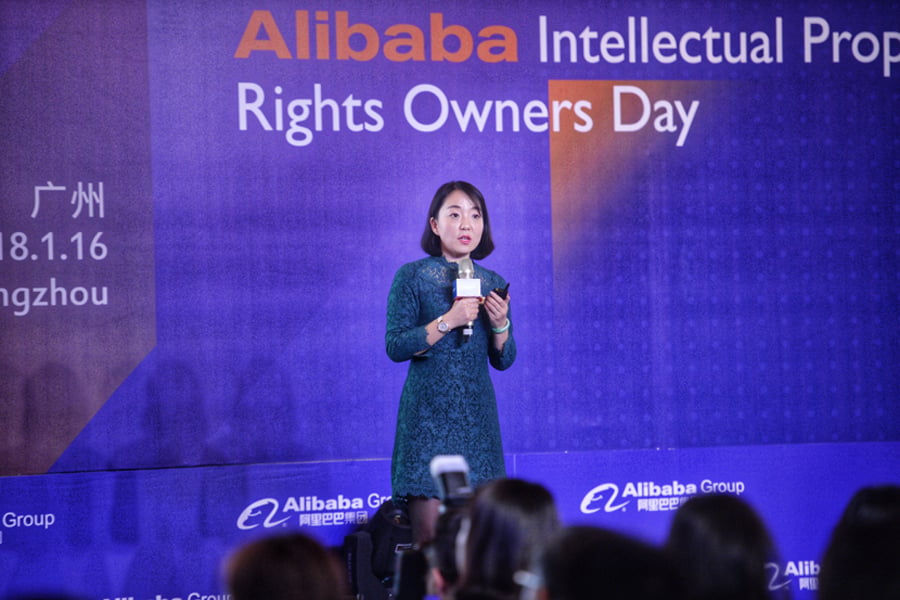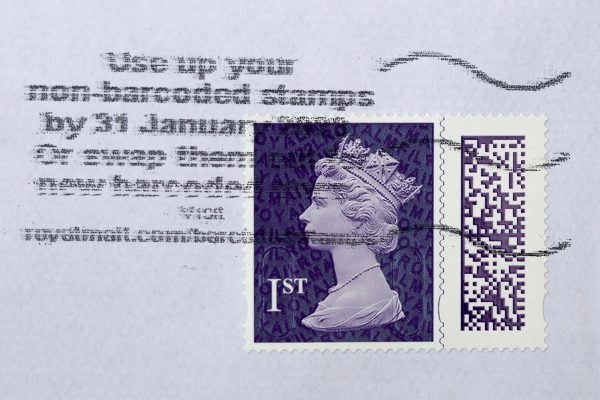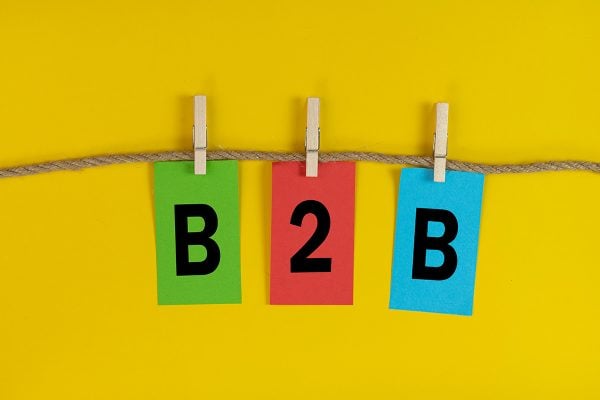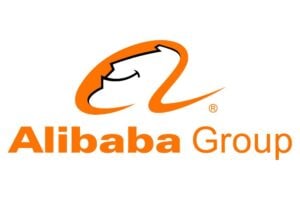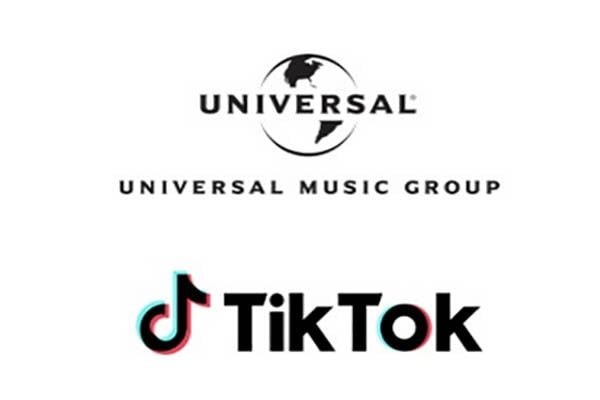Alibaba have rolled out a series of online and offline initiatives this week, aimed at further tightening Intellectual Property Rights protection. This took place just days after the USTR announced that Alibaba’s TaoBao marketplace had been added to their Notorious Marketplaces list. It would be reasonable to assume that this was not a response but a measure that was already in the pipeline as part of Alibaba’s ongoing and prolific efforts to stamp out IP infringement.
Anonymous test purchases of branded goods
Looking to secure its online platforms, Alibaba told brands and Intellectual Property Rights Owners Day holders gathered in the southern city of Guangzhou that it was stepping up joint, anonymous purchases of branded goods with Alibaba Anti-Counterfeiting Alliance (AACA) members. The goal is to pool their information and leverage the expertise of the brands and rights holders to build a stronger database.
“For the test buys, Burberry has already seen great results from this alliance. We expect to work closely with Alibaba…and also would like more members to actively work together and to see more pioneering experiences or cases in this area.”
– Amily Chen, Burberry Senior IP Counsel
“That should speed up the authentication process for product listings, improve the algorithm powering Alibaba’s proactive takedown mechanism for fakes and facilitate evidence-gathering for offline investigations by law enforcement and court cases”
– Alibaba
Other beefed-up offline measures unveiled during the daylong meeting included a broadening of Intellectual Property Rights workshops for various law-enforcement bodies, ones that offer input and expertise directly from brands and rights holders, inside and outside China.
“It’s very critical for brands and platforms and police officers to collaborate and evaluate if it could be a criminal case,” said Lynn Fu, director of brand protection cooperation at Alibaba Group.
Alibaba Anti-Counterfeiting Alliance (AACA)
The mission statement for the AACA, founded a year ago says it aims “to create a society where counterfeiters have no place to hide.” It ended 2017 with 30 members, a Who’s Who of top international brands, including Louis Vuitton, Uniqlo and Burberry, among others.
As part of its continuing development, Alibaba Senior Vice President Michael Yao said the AACA intends to grow its membership throughout the year. And, as the group expands, it will be forming working groups, classified by industry, to both build up a deep well of expertise and move beyond solely brand-specific issues and address those facing various sectors. Alibaba envisions 12 working groups under the AACA umbrella.
The group is also pressing authorities in China to tighten laws and stiffen penalties to deter or punish counterfeiters and have in the mean time have lodged a dozen lawsuits, pursuing civil penalties from Intellectual Property Rights infringers through the courts.
Cooporation is key to stamp out counterfeiters
ALibaba are demonstrating a great deal of openness with their anti-counterfeiting measures. To assist SMEs who allege rights infringements, Alibaba have made available an online form for rights holders to submit takedown requests even if the rights holder does not wish to register an account with Alibaba.
For brands and retailers the AACA would be the preferred option as it enables the businesses to work much more closely with Alibaba on an ongoing basis and the working groups to be formed will be invaluable for information sharing between the brands themselves and the entire Alibaba Group. It should also add weight to Alibaba’s focus on pressuring the Chinese government to take out criminal proceedings against rights infringers – Alibaba are limited to civil prosecutions which largely can only result in fines and not stiffer criminal punishments including imprisonment.
“The most important weapon, is collaboration. It’s cooperation. It’s open lines of communication. It’s honest dialogue. Together, we are all part of the solution.”
– Matthew Bassiur, Alibaba Head of Global IP Enforcement
